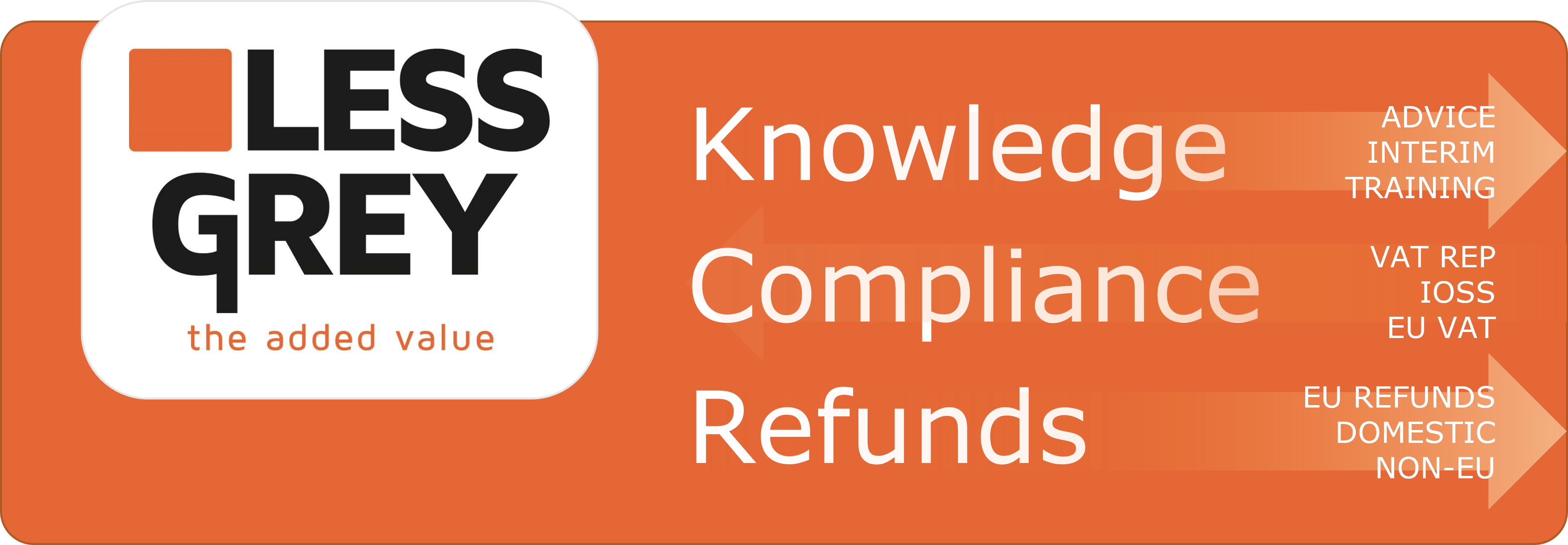The court imposes an unconditional fine on [legal entity]. The court considers the following circumstances to be important for the imposition of this sentence.
Seriousness of the fact
The suspect is guilty of filing incorrect VAT returns and of drawing up false invoices and false business records. The accused pleaded guilty to tax fraud. The criminalization of tax evasion not only protects the community interests served by taxation, but also the interests of honest taxpayers. After all, tax evasion can lead to a further increase in the tax burden for all Dutch citizens. Moreover, the actions of the accused contribute to undermining tax morality. Leaving tax fraud unpunished can also cause the sense of standards to fade among taxpayers who do meet their obligations.
For a workable society it is essential that people in society can have confidence in the correctness of certain documents. By using false documents, the Defendant has damaged the confidence that may be derived from the contents of the documents. By acting in this way, the Defendant contributed to the fact that the government received too little income from taxes.
The FIOD investigation shows that during the period charged in the indictment, the suspect and her successor invoiced approximately 47.7 million euros to cat catcher companies, wrongly reporting at the zero rate. The suspect’s share in this amounted to approximately 20%. The court assumes that the tax disadvantage as a result of this fraud is considerable, but how high this disadvantage is cannot be determined on the basis of the available file. It is suggested in the file that cars were sold as a margin car, whereby too low a VAT amount was paid in another Union country, but this has not been established. The cars have simply disappeared from view. The advantage that the suspect has had by participating in this fraud chain cannot be determined either.
Criminal record
The court has taken into account the Extract Judicial Documentation (the criminal record) of the suspect dated 3 February 2022. This shows that the suspect has not previously been irrevocably convicted of similar offences.
Publicity
The court takes into account the circumstance that the Defendant has fallen prey to the enormous negative publicity in the media. In view of these assumptions expressed in the media about the suspect and the impact this publicity has had, the court will allow media attention to play a role in a mitigating sense.
Reasonable period
When a case is adjudicated in which there are no special circumstances, the starting point is that the handling of the case at the hearing must be completed with a final judgment within two years after the start of the reasonable term. The reasonable term commences at the moment that a suspect can reasonably expect that criminal proceedings will be instituted against him by the Public Prosecution Service for a specific criminal offence. The search of the business premises can be regarded as such an act. The search took place on 1 July 2019. The reasonable period therefore commenced on this date. In the opinion of the court, there are no special circumstances in this case.
There is a period of 3 years and 5 months between 1 July 2019 and the date of the final judgment. Since in this case, as considered above, a reasonable period of two years is assumed, the present case has exceeded the reasonable period as referred to in Article 6 of the Convention on Human Rights and the fundamental freedoms (ECHR) of 17 months.
Now that the transfer of the reasonable term can partly not be attributed to the suspect and the media attention has been above average, the court will take this into account in the sentence in favor of the suspect. By committing itself several times to submitting incorrect VAT returns and forgery, thereby allowing its economic interests to prevail, and in view of the seriousness of the facts, the court will impose the following punishment.
The punishment to be imposed is based on Articles 23, 24c, 51, 57, 63 and 225 of the Criminal Code and Article 68 of the General State Taxes Act.
Based on the foregoing, the Court reaches the following decision.
Declares that it has been proven that the accused has committed the charges as stated above in section 5.
Declares not proven what has been charged to the Defendant more or differently than has been declared proven before and acquits the Defendant of this.
The proven statement yields:
with regard to fact 1
deliberately filing an incorrect and incomplete declaration provided for by the tax law, while the offense is that too little tax is levied, committed several times;
with regard to fact 2
forgery committed by a legal person, committed several times.
Declares the proven criminal.
Declares the suspect, [legal person], punishable for this.
Sentences the suspect to a fine of € 100,000 (one hundred thousand euros).
Source: rechtspraak.nl















